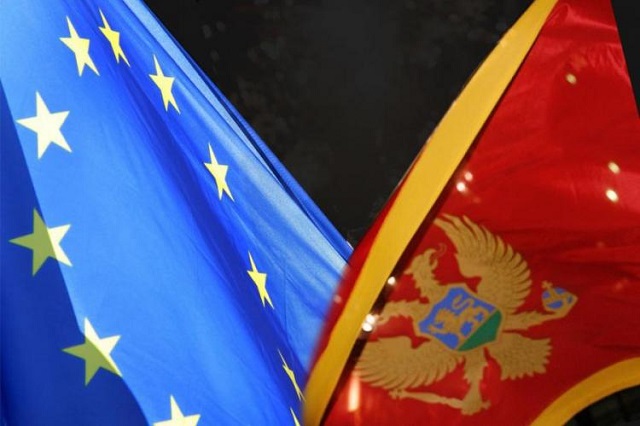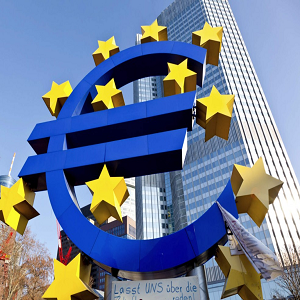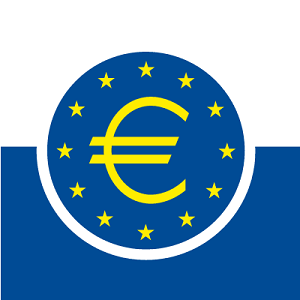EU Candidate Countries’ & Potential Candidates’ Economic Quarterly - Montenegro data The European Commission has published the EU Candidate Countries’ & Potential Candidates’ Economic Quarterly (CCEQ). Here are the Montenegro data: Key developments mentioned in the quarterly report: On 11 October, the government called a pre-qualification tender for a
Tag: Fiscal policy
Financial crisis: 10 years later
The financial crisis began with the collapse of Lehman Brothers, starting a worldwide chain reaction. The EU economy contracted for five consecutive quarters, with growth returning only in the second half of 2009. Stimulatory and fiscal actions by national governments and the EU, and the Eurosystem’s loose monetary policy, helped
EU Fall 2019 Economic Forecast
The EU's economy is now in its seventh consecutive year of growth and is forecast to continue expanding in 2020 and 2021. Labor markets remain strong and unemployment continues to fall. However, the external environment has become much less supportive and uncertainty is running high. This is particularly affecting the
How many US dollars are in circulation today?
EC: Montenegro’s Economic Quarterly
The European Commission published EU Candidate Countries’ & Potential Candidates’ Economic Quarterly (CCEQ) technical report which indicates macroeconomic development of potential countries. Like other European Economy Technical Papers, Q2 2017 report was compiled by the staff of the European Commission’s Directorate-General for Economic and Financial Affairs. Montenegro's economy are indicated as the
Fiscal Capacity for the Euro Area
eginning in 2010, the sovereign debt crisis exposed weaknesses in the economic and monetary union (EMU), the integration process that brought about the creation of the euro. Member States and EU institutions have taken a number of measures to tackle these shortcomings, including stricter rules on economic governance and setting
Moody’s credit rating Montenegro 2016 : B1, negative outlook
oody's Investors Service has today downgraded Montenegro's long-term issuer and senior unsecured debt rating by one notch to B1 from Ba3. The short-term ratings have been affirmed at Not Prime (NP). The outlook remains negative. The key drivers for today's rating action are: Fiscal risks related to the highway project, which
EC: Montenegro’s Economic Forecast – Volatile growth amid public finance concerns
Spring 2016 Economic Forecast ourism and capital-intensive projects continue to be the main drivers of growth, albeit their contribution appears more volatile than previously expected. The growth potential is hampered by the sluggish recovery of bank lending. Budget deficits remain high due to a surge in public investment and social security
The EU economy Autumn 2015 forecast
EMU: Fiscal, Financial, Economic & Political Union
urope's Economic and Monetary Union (EMU) is in much better shape today than it was before the financial crisis. However, despite progress, particularly as regards reinforcement of the economic governance and the launch of the Banking Union, the EMU remains incomplete. Divergence in economic performance across the euro area is
S&P: Montenegro’s 2015 credit rating unchanged
redit rating agency „Standard and Poor’s“ (S&P) has published new report on Montenegro, which confirms last year's score „B + / B“. Also, Montenegro's outlook is stable, which indicates that further trends of its credit rating is based on stable positions. S&P's experts estimate that that Montenegro's economy will grow an average
Financial Stability Review May 2013
Stress in the euro area financial sector has fallen from previous peaks. Several indicators suggest that euro area systemic stress is at its lowest point in two years. ECB policies have been a key factor underpinning this decline in stress. To consolidate this recent progress, further fundamental adjustment must continue












